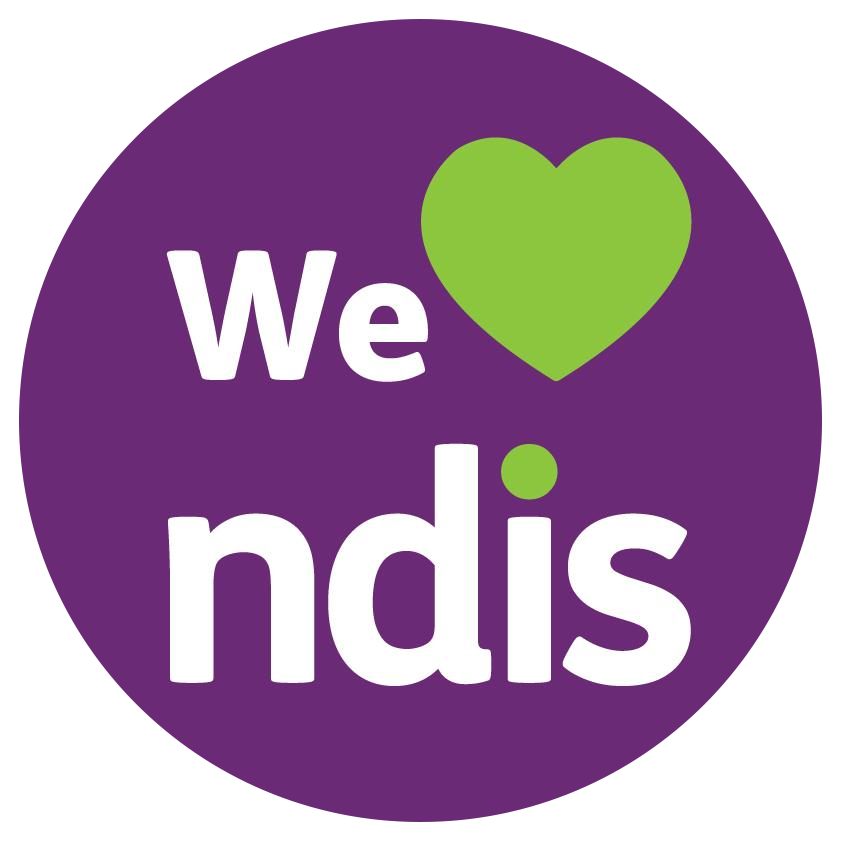Exercise Physiotherapist

Specialising in designing and implementing exercise programs for individuals with various health conditions. Our primary goal is to improve a patient’s physical functioning, health, and overall quality of life through personalized exercise interventions.
Key roles and responsibilities of an Exercise Physiotherapist:
- Assessment – Conducting comprehensive assessments to evaluate an individual’s physical condition, medical history, and specific health needs.
- Program Design: Developing tailored exercise programs based on the assessment results and ensuring that the exercise regimen is safe, effective, and aligned with the individual’s health goals.
- Implementation and Supervision – Guiding and supervising individuals during exercise sessions to ensure proper technique and safety.
- Education and Counseling – Educating individuals on the importance of physical activity and how it benefits their specific conditions.
- Rehabilitation – Working with individuals recovering from injuries or surgeries to restore strength, flexibility, and function.
- Monitoring and Evaluation – Regularly monitoring progress and making necessary adjustments to the exercise program.
- Collaboration – Collaborating with other healthcare professionals, such as physiotherapists, doctors, and dietitians, to provide comprehensive care.
- Motivation and Support – Motivating individuals to stay committed to their exercise programs.
Exercise Physiotherapist offers Several benefits:
- Enhanced Daily Living Skills: Helps individuals develop, recover, or maintain skills needed for daily activities, such as cooking, dressing, or bathing.
- Improved Functional Independence: Assists people in becoming more independent and self-sufficient in their daily routines.
- Pain and Stress Management: Provides techniques and strategies for managing pain and reducing stress through therapeutic activities and exercises.
- Cognitive and Physical Rehabilitation: Supports recovery from injuries or illnesses by improving cognitive functions and physical abilities.
- Adaptive Techniques and Equipment: Teaches the use of adaptive tools and techniques to improve function and accessibility.
- Enhanced Quality of Life: Aims to improve overall well-being by enabling individuals to engage in meaningful and purposeful activities.
- Support for Mental Health: Addresses psychological and emotional needs, helping individuals cope with mental health challenges and improve emotional resilience.


